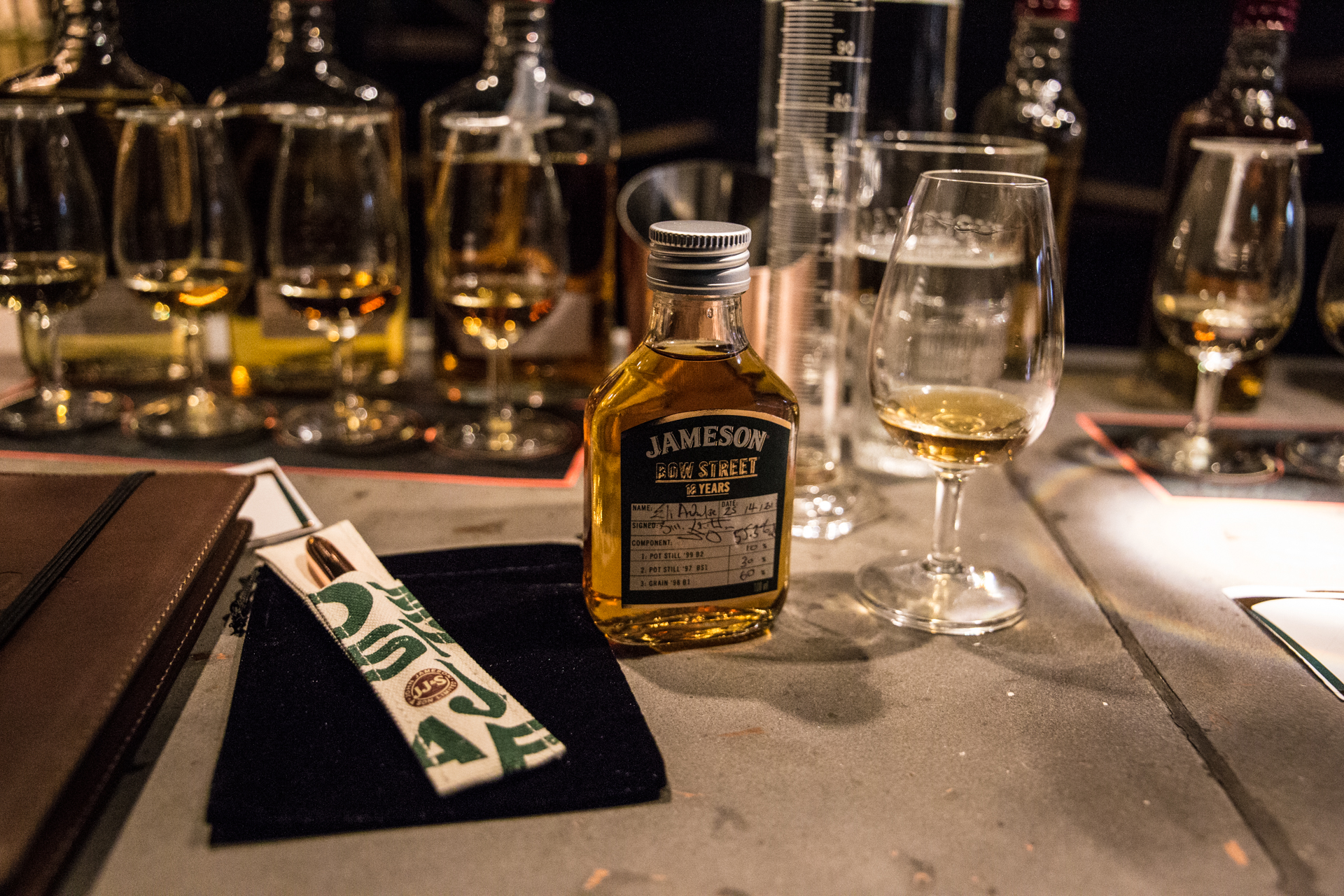Never before have I encountered a spirit that more encapsulated a culture than I have with Tequila.
The taste, the occasion, the craft—the people. It’s easy to see why tequila is one of the fastest growing spirits globally. Voted the best Tequila to use in a Margarita by top Bartenders across the world,[1. According to the 2023 Drinks International poll of top bartenders around the globe] in the House of Tequila family Olmeca Altos is seen as somewhat the elder-statesman in the group; a leading voice. When Dré Masso decided to create Altos alongside the late Henry Besant, even he couldn’t have envisaged the role his brand would go on to play in the local region, in bar culture, and—thanks to the Tahona Society—in the future of the hospitality industry worldwide.
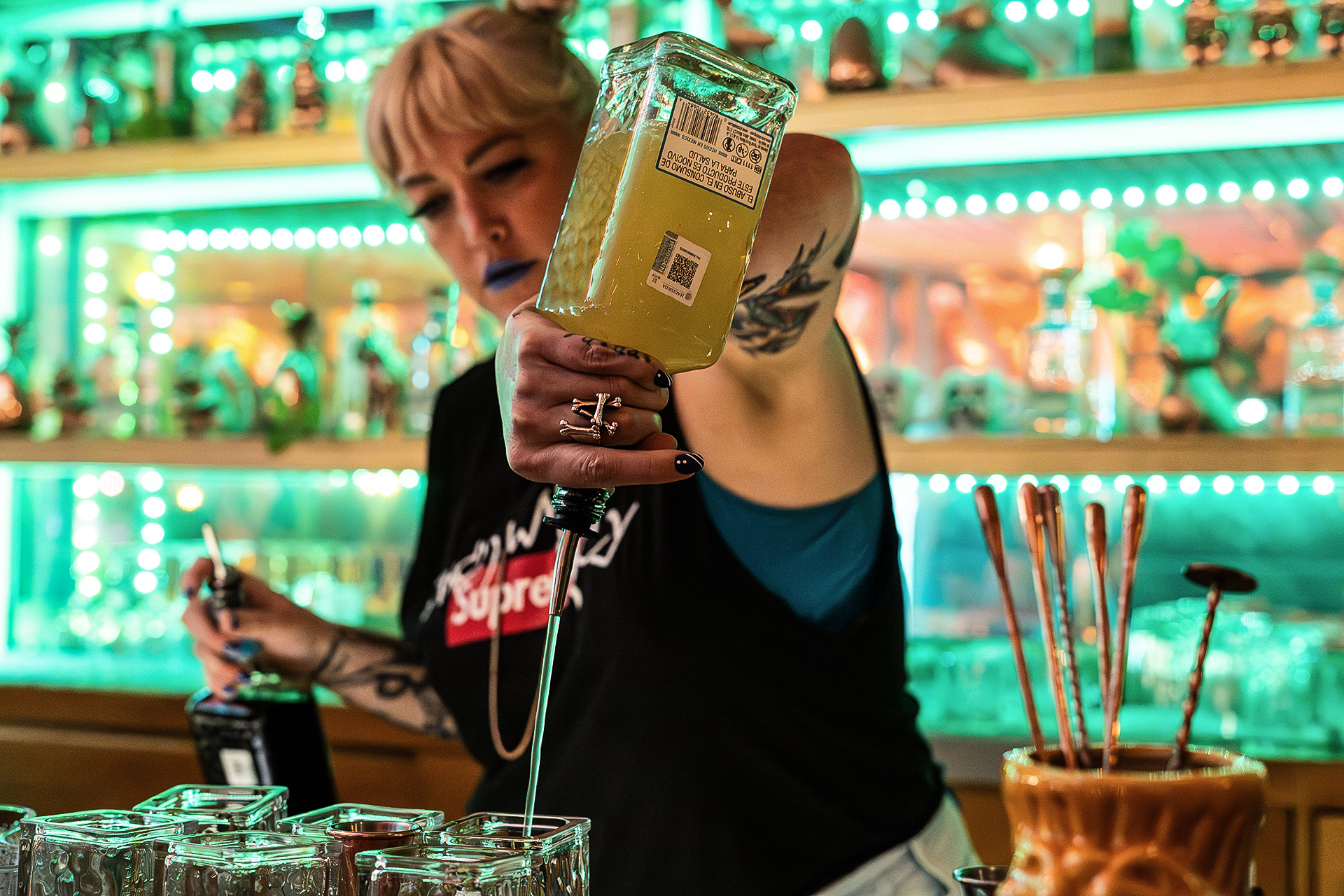
Known by many as being a global community of the world’s most Tequila-centric Bartenders, the Tahona Society’s resonance goes far deeper than that, as House of Tequila Global Head of Advocacy Carlos Andres Ramirez tells me.
“Bartending is a tough profession because a lot of bars don’t hire staff with the whole structure they need, in terms of social security etc—a lot of things. So that’s basically what we’re trying to do; make this industry more sustainable, but also to make Bartending a more serious profession, one that they can be healthy at 60years old and be proud of being a Bartender. That’s the whole purpose of the Tahona Society: to showcase them and help make their lives better.”
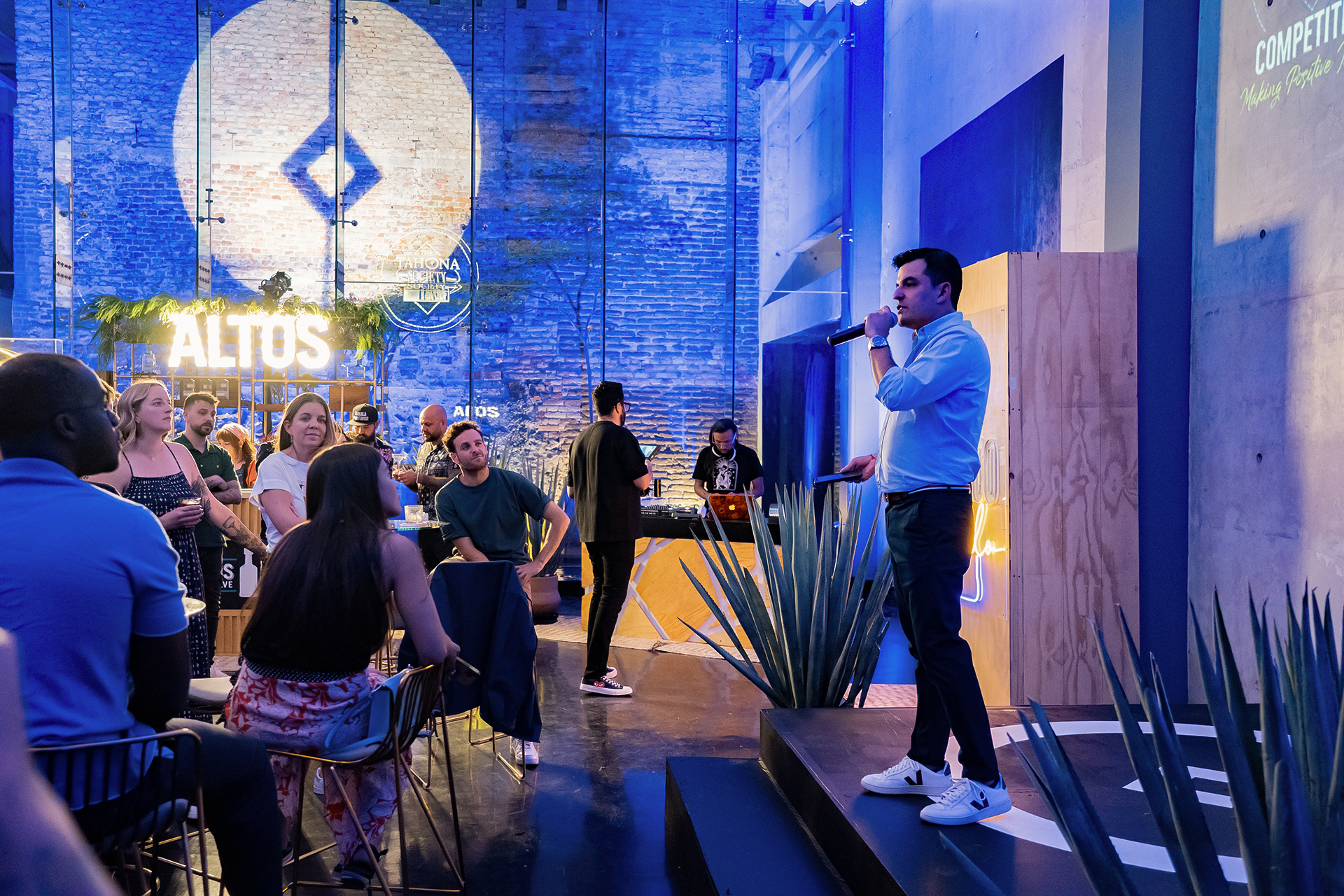
The Tahona Society was created following extensive workshops with Bartenders in the UK, Australia and the US. This research highlighted three key areas that Bartenders consistently felt they needed support:
- Work/Life Balance
- Career Development Support
- Networking Opportunities
And just like that the first Tahona Society was formed, an online hub of Bartending contacts with access to learning and expert training, the crowning jewel being the then Tahona Society Bartender Competition. While the competition was well received, they felt that they needed to do something new, something different that would help them accomplish their objectives while being different from the crowd; after all the idea of doing a Bartending Competition wasn’t a new innovation. Hence the current format of the Tahona Society was born; a sustainability-focused competition highlighting the contribution and welfare-benefit of the Bartender’s initiatives, rather than the behind-the-bar skills of the bartenders themselves.
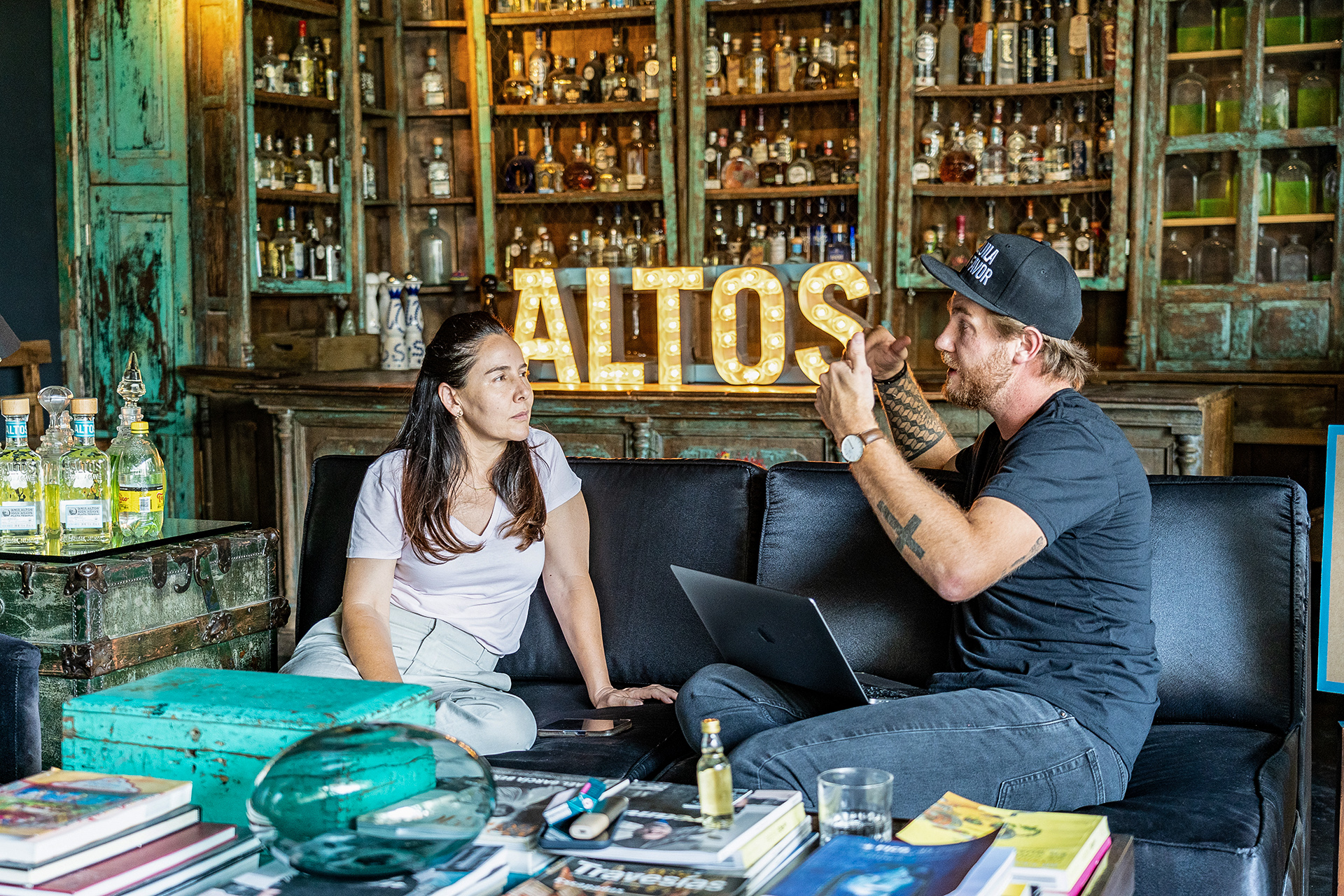
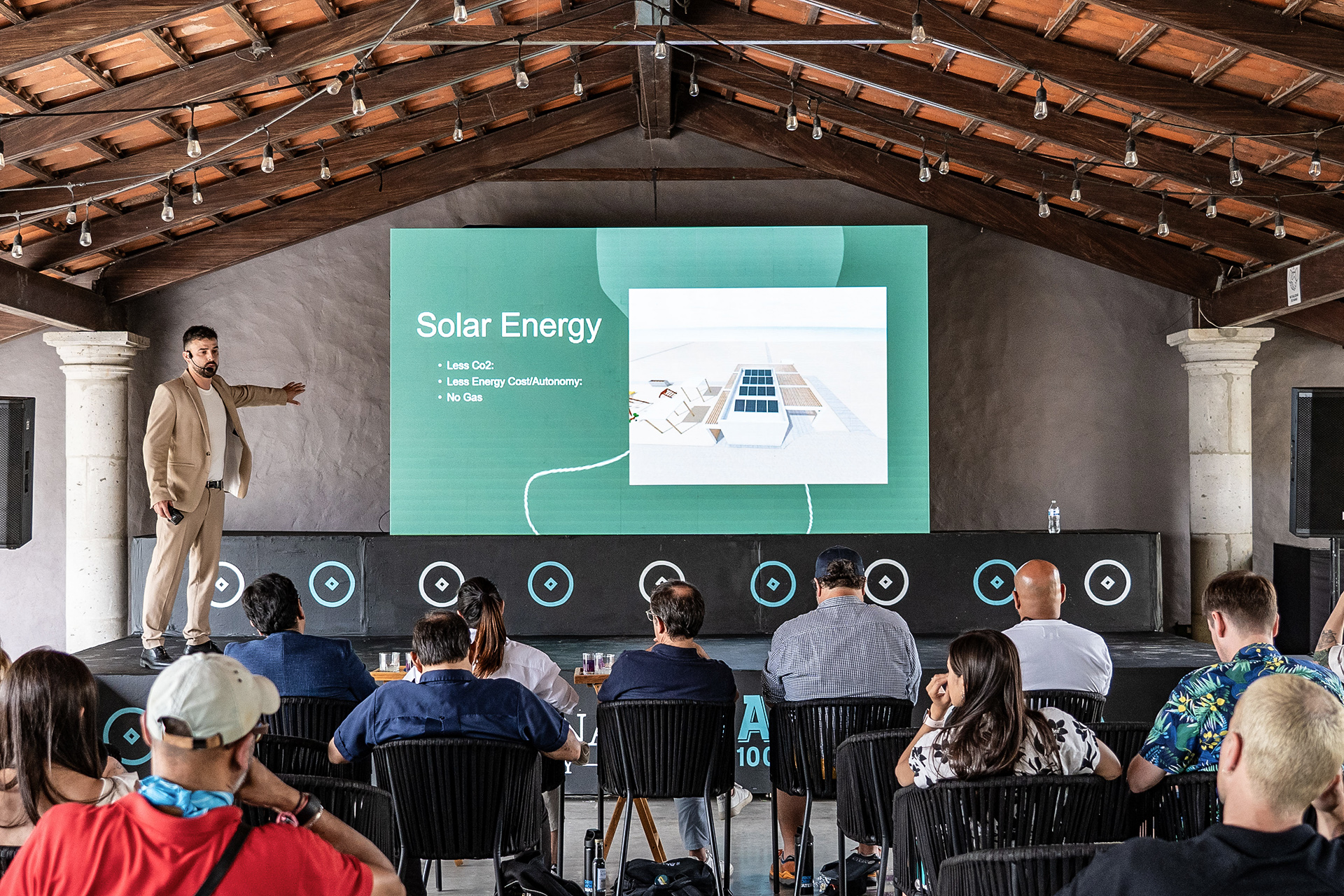
The Tahona Society in truth is more of a relationship managing tool and a way to help—and remain connected to—those on the front-line of the drinks industry and without whom the industry would not be able to function. With currently around 4000 members, the community continues to grow year-on-year, as does the prestige of the Tahona Society Sustainability Competition—and the quality of the entrants.
Sustainability is not only a topic for the competition itself, but for the ongoing operations of the House of Tequila group as part of Pernod Ricard’s 2030 Sustainability & Responsibility (S&R) roadmap “Good Times from a Good Place”. To make any business successful in the long-run, there needs to be stability—in terms of the product demand yes, but more importantly, operationally, and the drinks industry is no different. A key factor and something that makes Tequila such an “honest” drink is this reliance on natural resources, leveraging the fruits of the terroir while also providing valuable employment to the Jalisco region. At the Casa Altos distillery, the waste bi-product from the agave is repurposed as fertiliser, fittingly used on other agave fields to help the next generation grow to fruition; a circular economy. I spoke to House of Tequila Sustainability & Responsibility Director, Daniela Via to learn more about these plans and their potential impact, not just for their brands, but for Pernod Ricard and the planet on the whole.
“You have to do it [be sustainable] because you truly believe it, not because you want to have an end benefit of consumers buying more product. I think it will have an effect, but I think it’s more an obligation on our side as producers and as managers of brands in big companies to have a say and action this. We will have challenges, but I think that everything worth doing is a challenge.”
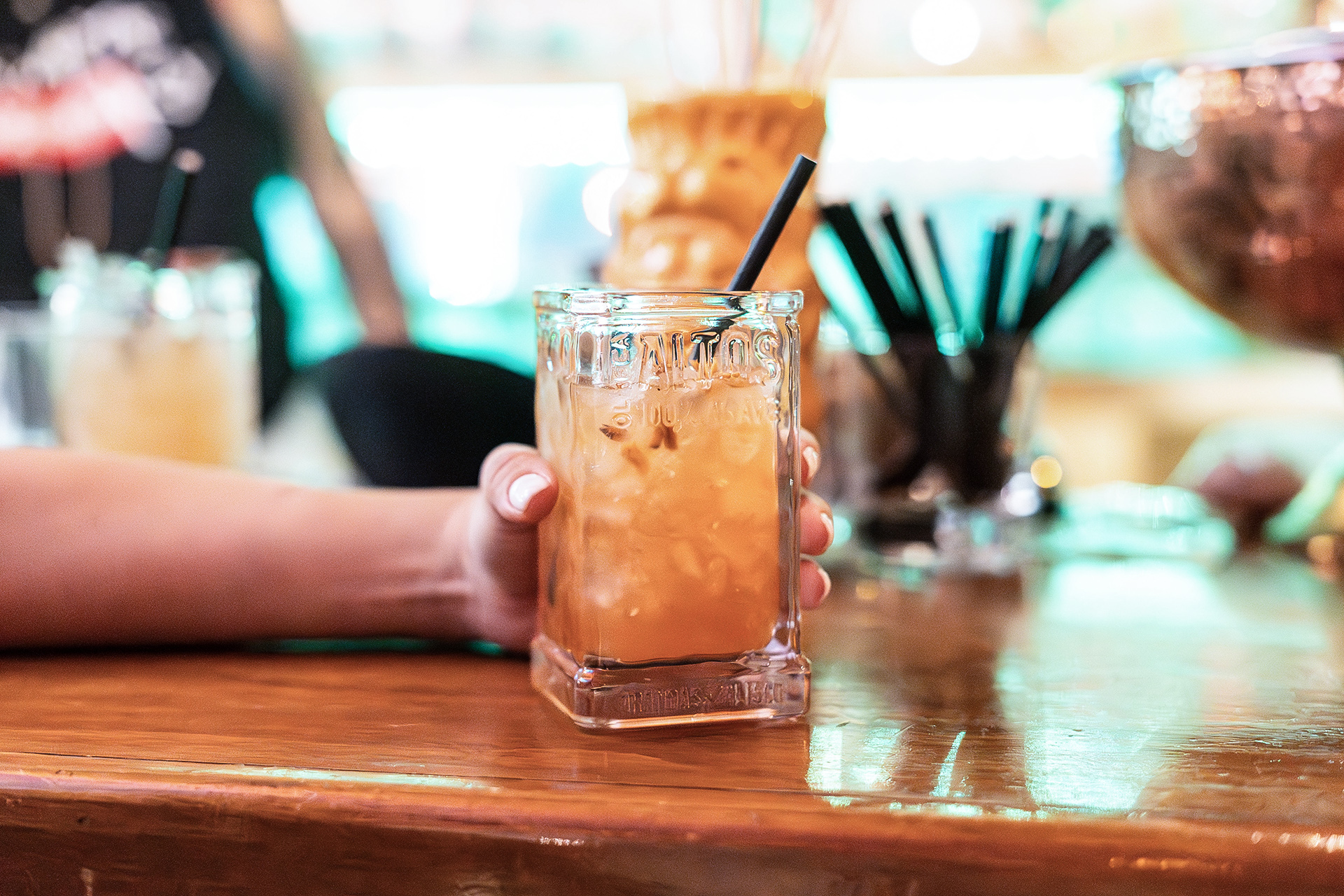
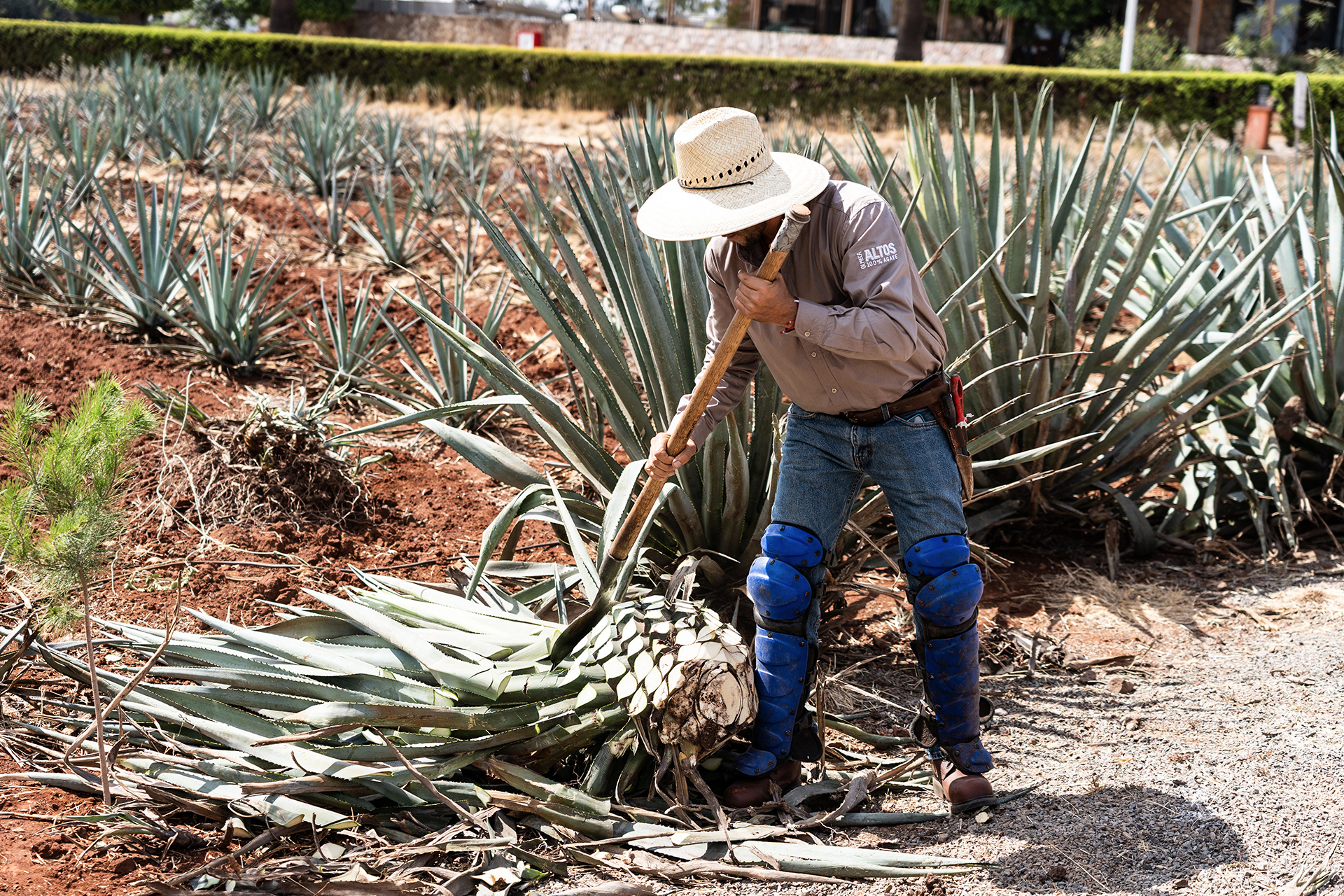
As with many well meaning initiatives, it’s the seeming little steps that add up to big changes one such being the recycling of the glass bottles into luxury branded glasses:
“Circular making is about CO2 emissions, about recycling and about upscaling. We were able to change the hammering of the glass [bottle] which reduced 20% of the glass we used, and that led to a 20% CO2 emission reduction for the brand. So it’s about how can we think about innovation and packaging changes in a more sustainable way; from the label to the glass. Our shot glasses for example, are the 375ml bottle, cut into four glasses. It’s about looking at how can we can have a better footprint in terms of recycling.”
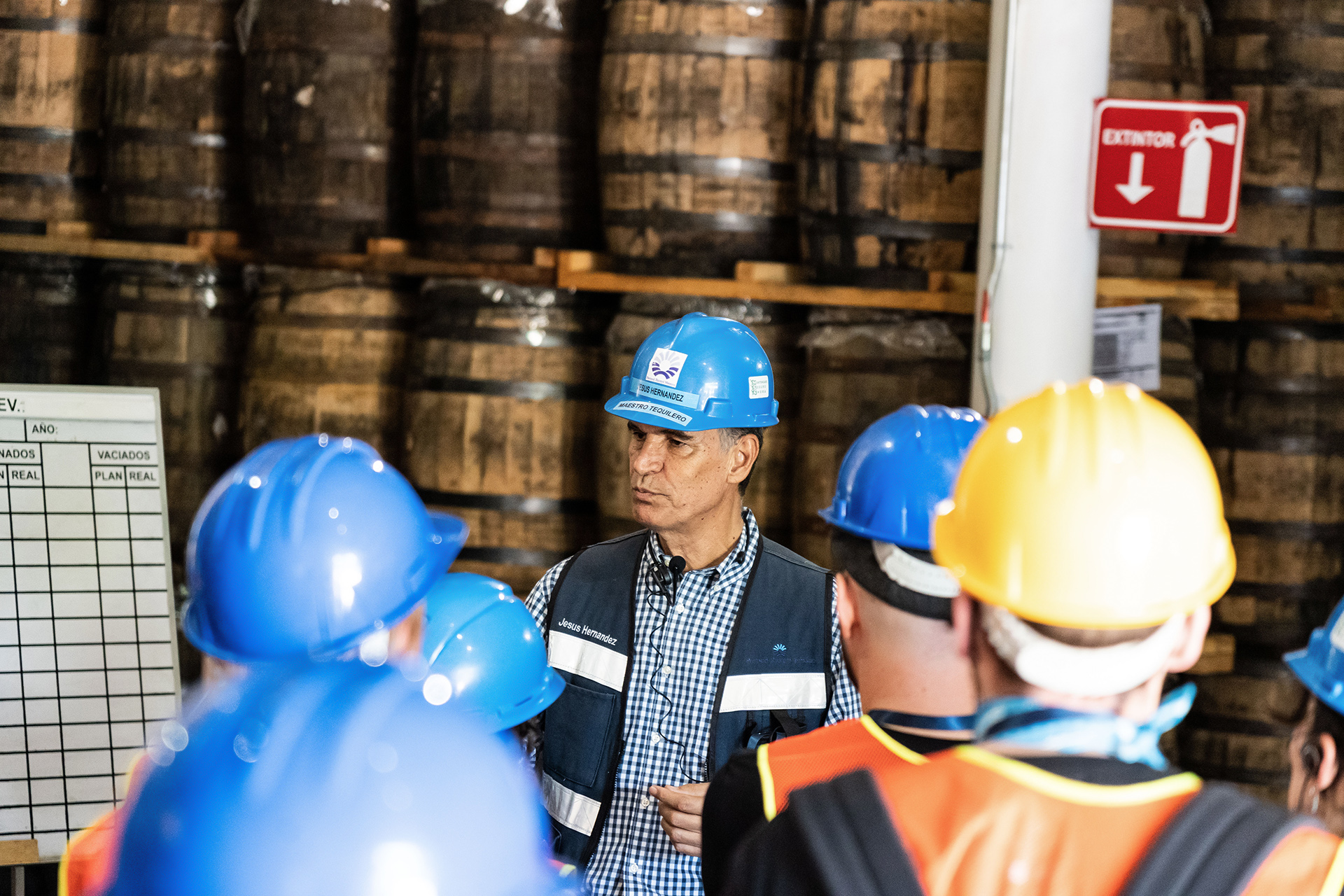
One big upside is that every lesson learned, and every change implemented is only set to have a bigger impact going forward due to the growth of Tequila as a segment, particularly in the US, as House of Tequila CEO Michael Merolli explains:
“The number one market is the US and it will remain like that for many years. That’s where tequila has been growing at a very fast pace in the last years and is still growing. A slower pace, but it’s still growing and this is really still our focus number one, number two and number three, because the market is so big and so huge. We have to make it a success there. Outside the US the second biggest market is Mexico, actually, and it’s still growing market which is not always obvious. Many origin countries of some [drinks] categories mature, or go down, but actually in Mexico it’s still growing because there is still innovation with new variants, such as the Cristalino [Tequila] launch.”
With the UK cited as a fast-growing market along with opportunities that lie waiting in Asia, the Tahona Society doesn’t have to look far for a potential springboard to achieve their goal of helping more Bartenders worldwide.
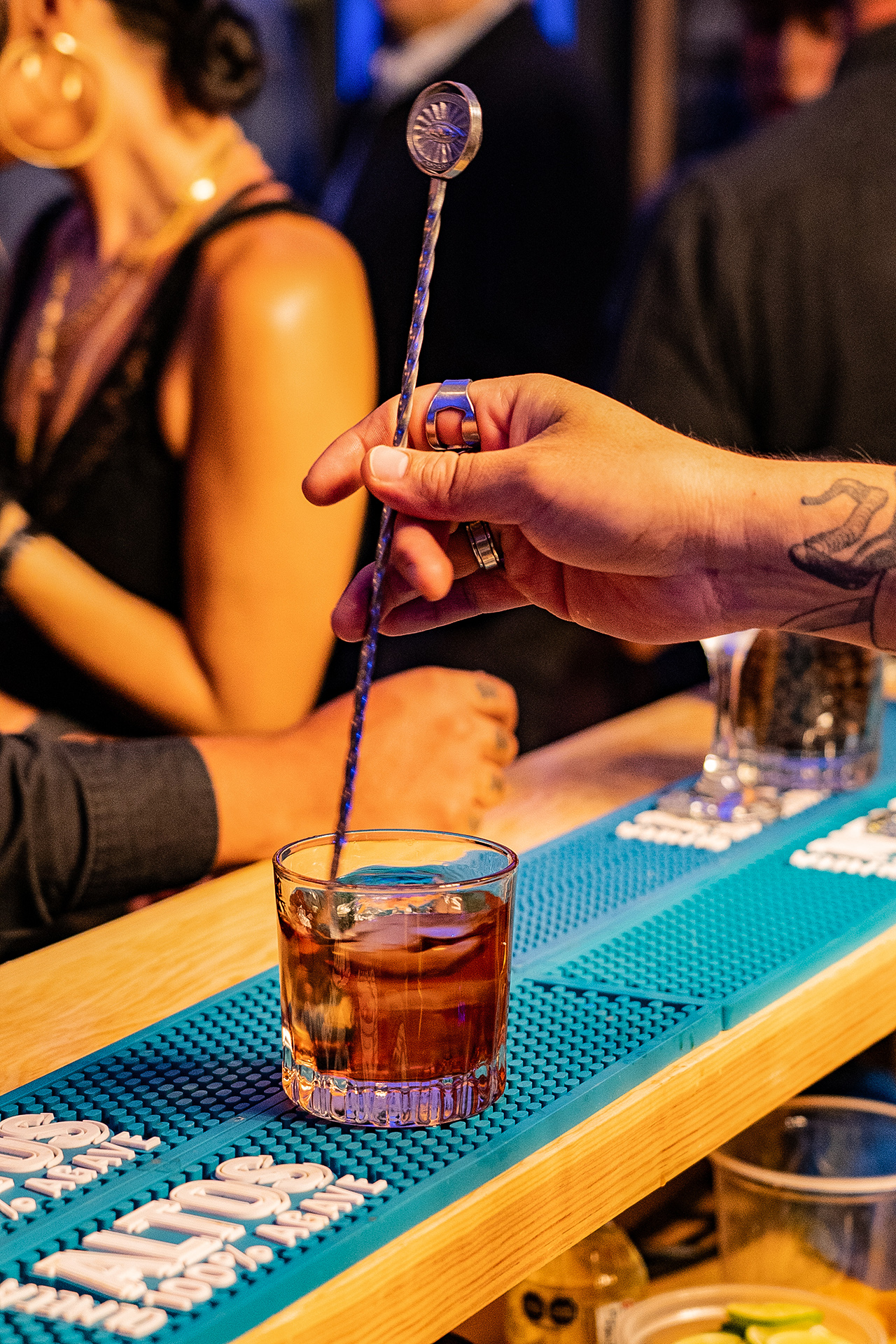
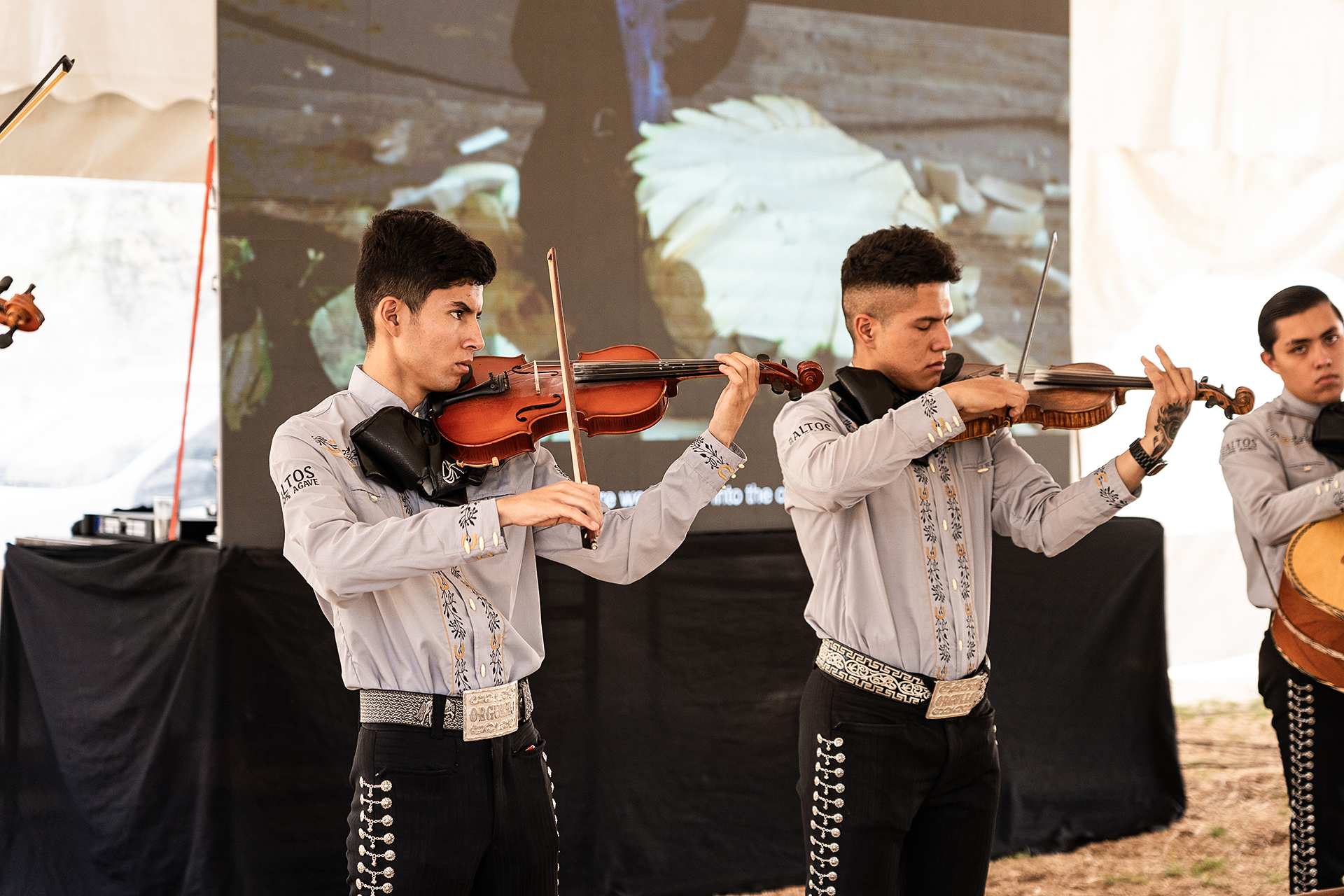
“We need to reach more people.” Global Head of Advocacy Carlos Ramirez tells me, as we discuss what the future holds for the Tahona Society. “This is the first year we’re doing a big investment in paid media. We’re doing a lot of amplification in social media digital and Instagram to reach a lot more people. I think it’s super emotional and really important what we’re doing here but because of the size of Altos and our budget, a lot of people don’t know about we’re doing yet. We want to reach more work channels, to reach more people and to include the final consumer. Spirit brands are always attacking on-trade and the trade industry and we forget about final consumers. I think when we start involving consumers in this [The Tahona Society Competition], it’s going to be much more interesting; for Bartenders and for them.”
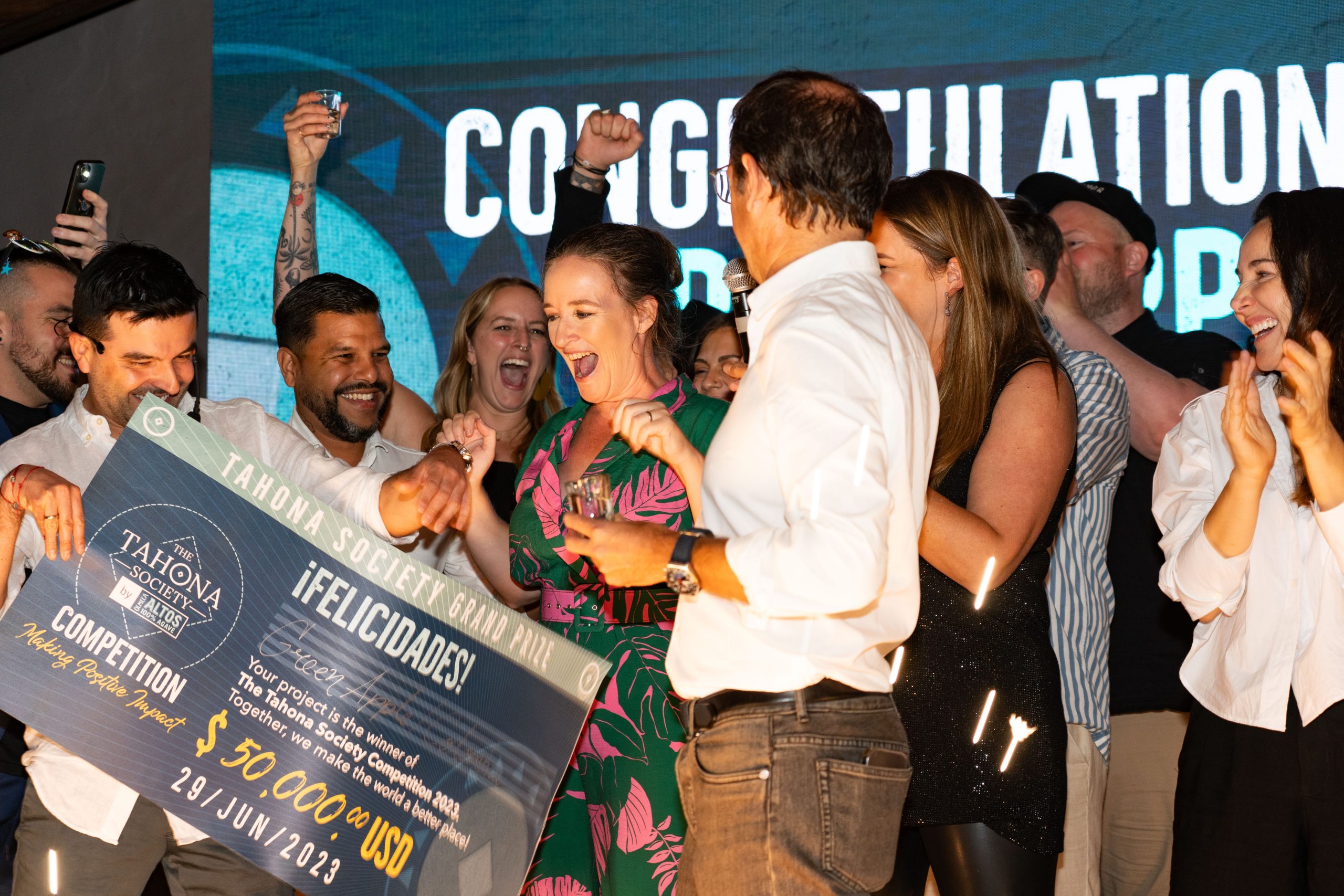
An example on a smaller scale of the potential to involve consumers was on display on the Tahona Society final Pitch Day, where eight existing projects that sold sustainable goods were on hand for guests to visit and purchase from, in what was essentially a micro-sustainability trade fair; a concept that can be scaled up and is also replicable across multiple markets.
As for the competition itself, the winning project this year was Green Apple: Zero Glass Waste Cartegena, an initiative by Jenny Teasdale and Jeffrey Garcia helping to change the perception of glass waste in Columbia, while encouraging other bars to follow suit and creating jobs in the local community of Cartegena. Their prize? A $50,000 cheque which will go towards building a new recycling centre in Cartagena, making glass recycling more widely available.
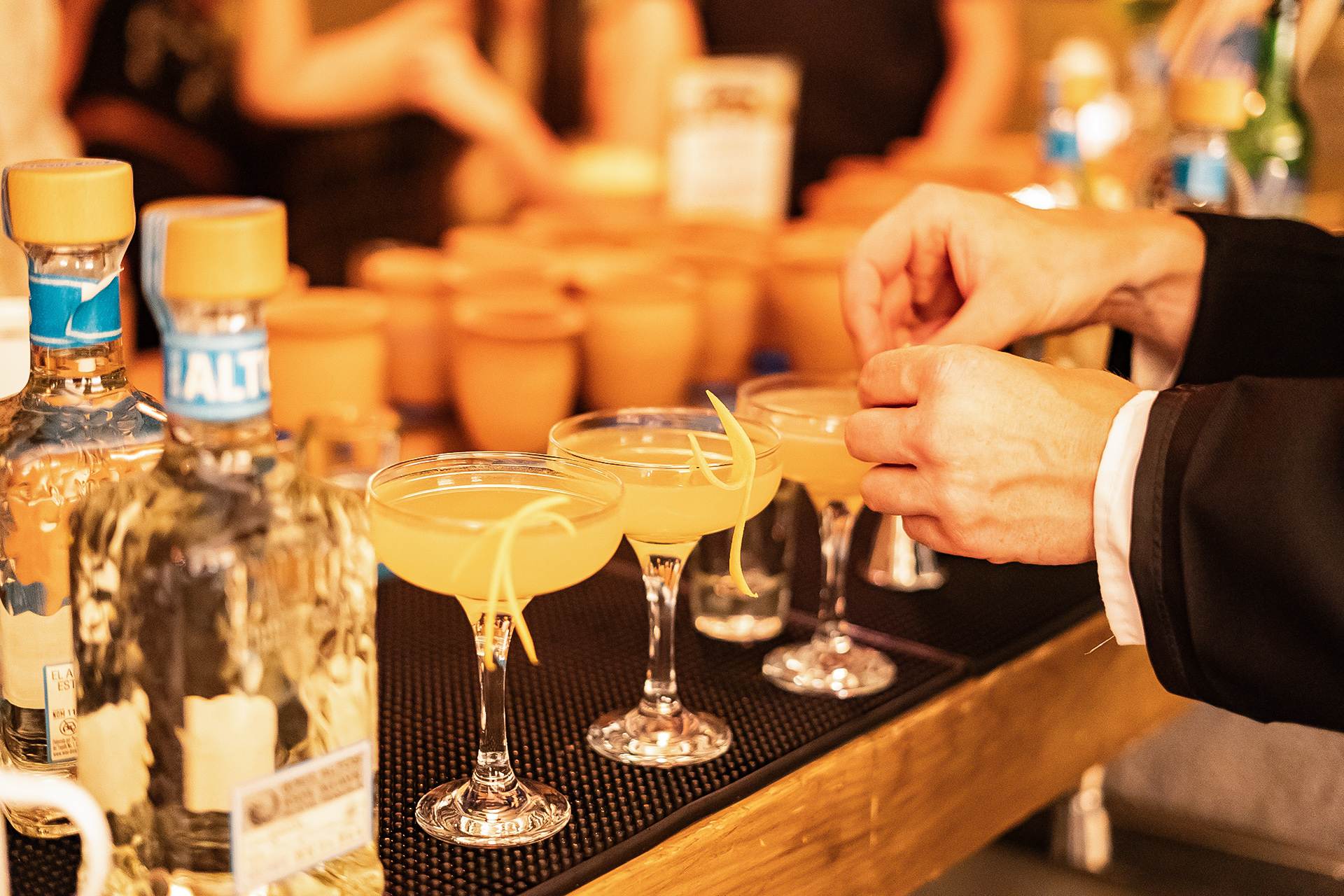
The House of Tequila combines the magical triumvirate of impact, ambition and authenticity, as the group embark on a journey that will no doubt scrutinised, but enjoyed in line with the brand’s ethos. That said while the route to sustainability doesn’t have to be boring, it does have to be intentional. The Tahona Society—and its extended family of Bartenders—have already demonstrated that they are more than up to the challenge.





